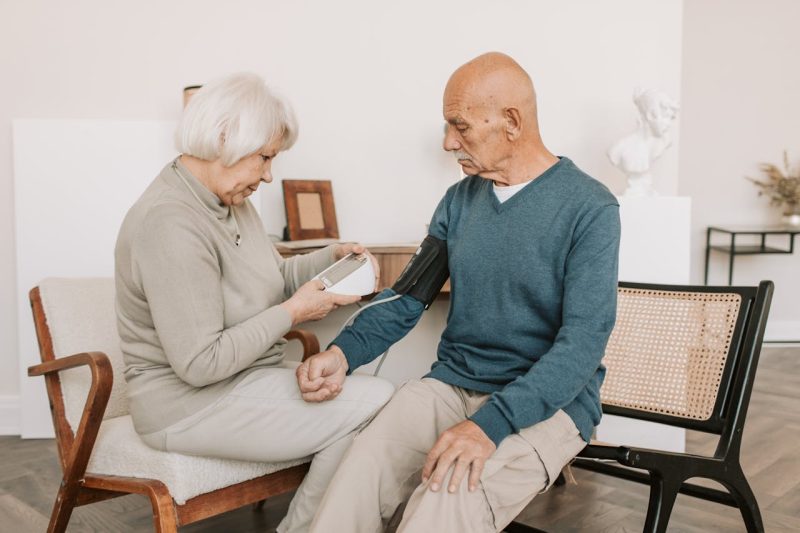In the simplest terms, cancer is the result of cells that just do not know when to stop. They grow and divide uncontrollably, leading to masses known as tumors (which can be benign or malignant), or, in the case of leukemias, they crowd out normal cells in the blood.
What Are the Symptoms of Cancer?
The signs of cancer can be as diverse as the array of cancer types. However, there are certain warning signals worth noting:
- Lumps or Thickened Areas: If you detect an abnormal lump or thickening distinct from the surrounding tissue, it's wise to seek medical evaluation.
- Alterations in Bowel or Bladder Patterns: Persistent constipation, diarrhea, or changes in stool texture might indicate underlying concerns.
- Continual Cough or Hoarseness: A persistent cough or a persistently hoarse voice could signal issues related to lung or throat cancer.

Third Man / Pexels / Losing weight without trying might sound like a dream, but it can be a warning sign.
Skin Changes
What are the risks of cancer? Some risks are in your control, and some are not. Here is a quick rundown:
- Genetics: If your family has a history of cancer, your risk is higher.
- Lifestyle Choices: Smoking, heavy alcohol use, unhealthy diet, and lack of physical activity can increase your risk.
Sadly, getting older is a risk factor we can not avoid.
What Are the Signs of Cancer?
Signs are what a doctor sees during an examination or through tests, as opposed to symptoms, which are what you feel. They include things like:

Cotton Bro / Pexels / According to experts, exposure to certain chemicals or radiation increases the risks of cancer.
- Abnormal Imaging Results: Like unusual masses or growths spotted in X-rays.
- Blood Test Anomalies: Such as unusual blood cell counts.
In the realm of cancer, catching it early can alter the game entirely. This is where tests step in:
- Screening Tests: These aim to detect cancer before symptoms arise. For instance, mammograms for breast cancer or colonoscopies for colon cancer serve as prime examples.
- Diagnostic Tests: When there's a concern about cancer, diagnostic measures such as biopsies become crucial to confirm suspicions.
What Is the Treatment for Cancer?
Cancer treatment is as individual as the patients themselves. Here are the most common weapons in the arsenal:
- Surgery: Literally, cutting out the cancer.
- Chemotherapy: Using drugs to kill cancer cells.
- Radiation Therapy: Using radiation to kill cancer cells.
- Immunotherapy: Boosting your body’s own immune system to fight cancer.
- Targeted Therapy: Targeting specific genes or proteins that contribute to cancer growth.

Antoni / Pexels / For cancers like breast and prostate cancer, which are hormone-sensitive, Hormone Therapy is ideal.
Living With Cancer: The Journey
Living with cancer is a unique journey for each individual. It is not just about the physical challenges but also about mental and emotional resilience. Support groups, counseling, and open conversations with loved ones and healthcare providers are essential.
Prevention: Better Safe Than Sorry
Some key steps in cancer prevention include:
- Healthy Lifestyle Choices: Eat well, exercise, do not smoke, and limit alcohol.
- Regular Screening: Follow guidelines for regular cancer screenings.
- Stay Informed: Knowledge is power. The more you know about your body and changes to watch for, the better.
Summing Up
Cancer might sound scary, but knowledge is your best defense. By understanding the symptoms, risks, and signs and by staying on top of tests and treatments, you are empowering yourself in the face of this challenge.
Remember, a casual conversation about cancer today can be a lifesaver tomorrow. Stay informed, stay vigilant, and do not forget to live your life to the fullest - every single day.















